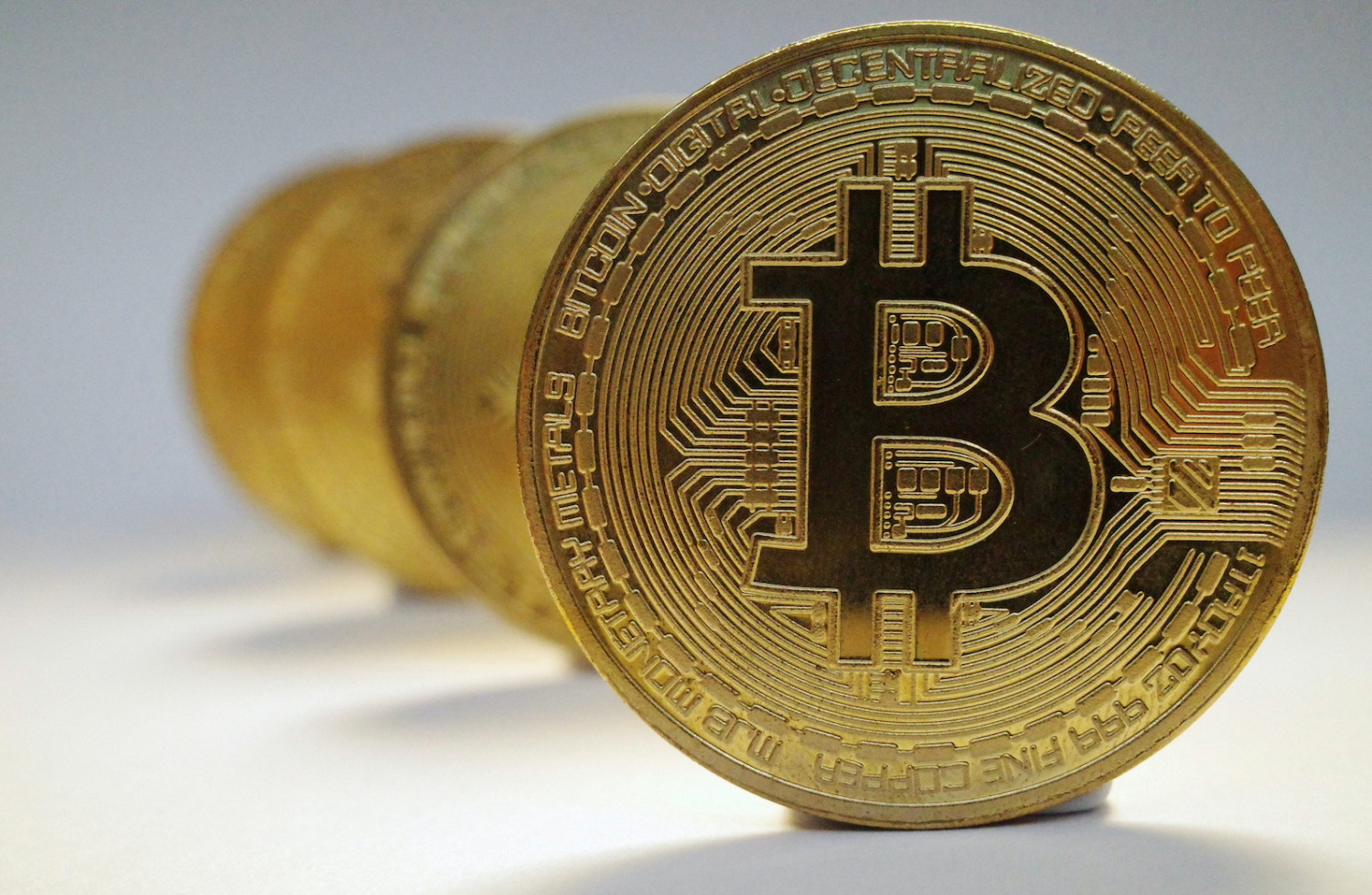The reasons why Bitcoin and digital assets lagged behind the stock markets

Bitcoin finally showed some strength on Monday, after printing 9 red candlesticks in a row. The quintessential digital currency closed near $32,000, the highest since before the Terra collapse, and investors are wondering if digital assets are finally playing up their correlation with stock markets, as they seemed dormant. U.S. markets experienced a modest recovery last week, with stocks rising across the board. However, cryptoassets did not experience the same revival until this week, as the party continues on the trading floors.
Despite the rally being a long time coming, it is worth noting that Bitcoin prices remained stable and never lost the $28,500 control zone, where strong buying pressure was seen. This suggests "a lull of sorts before the big players re-engage with the market," noted eToro's Simon Peters.
"Cryptoassets continue to face volatility and investors are generally settling for comfortable levels after several weeks of declines," the expert stated. Last week, the 'crypto' asset market also took another hit following news of problems in the Ethereum blockchain's protocol change work. Ether fell sharply due to these reports and even lost 10% of its value.
"Confidence in the ecosystem of cryptocurrencies and decentralized finance remains at historically low levels," commented analysts at Julius Baer. These experts stressed that investors are extremely cautious and are not getting carried away in cryptos as they do in stocks because "the effects of the stablecoin crisis" of mid-May and the debacle of Terra and its two tokens: LUNA and UST are still being felt.
Falls like Ethereum´s last week or Solana´s, which also lost 15% of its value, "may be symptomatic of investors turning their backs on the decentralized finance ecosystem, with sentiment around the networks that provide the infrastructure or the 'blank canvas' for developers of decentralized finance protocols to build off of also suffering as a result of this." "We don't expect a quick recovery just yet."
Investors are still digesting recent events and the resulting effects on the decentralized finance (DeFi) ecosystem. "The result has been a drastic decline in DeFi activity and volumes, with the total value locked in (TVL) in the protocols of these projects more than halving since the beginning of the year," experts from the Swiss investment bank explained. "Investors withdrew their tokens from the protocols, likely aiming to convert them into fiat currency in a flight to safety following the collapse of the TerraUSD algorithmic stablecoin," they added.
This further exacerbates the already negative sentiment in cryptocurrency markets resulting from the tightening of monetary policy by the world's major central banks and the resulting increase in risk aversion in financial markets. "The prevailing bearish sentiment has led to significant selling pressure in many of the major digital assets, particularly in the tokens of networks that aim to provide a platform on which DeFi protocol developers can build," they emphasized from Julius Baer.
Given that these networks are primarily intended to provide the infrastructure for the emerging world of decentralized applications, "we believe these falls are symptomatic of a loss of confidence in the broader DeFi ecosystem and in the ability of these protocols to deliver these attractive performance strategies in a sustainable way," they explained.
They pointed out that the fact that Bitcoin suffered less than many other tokens based on these networks for DeFi indicate "early signs of a broader decoupling across the ecosystem." "That said, we do not expect a quick recovery for now, either for Bitcoin or for digital assets in general," they predicted.